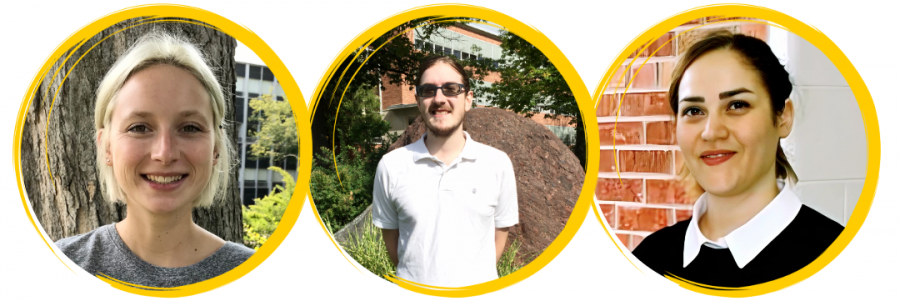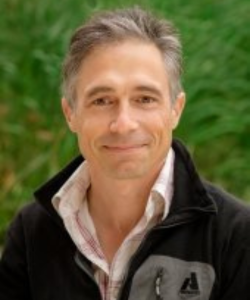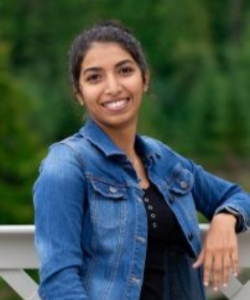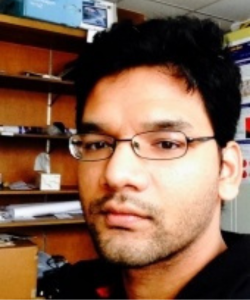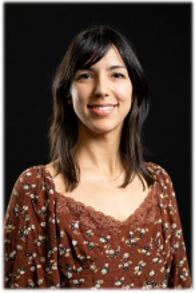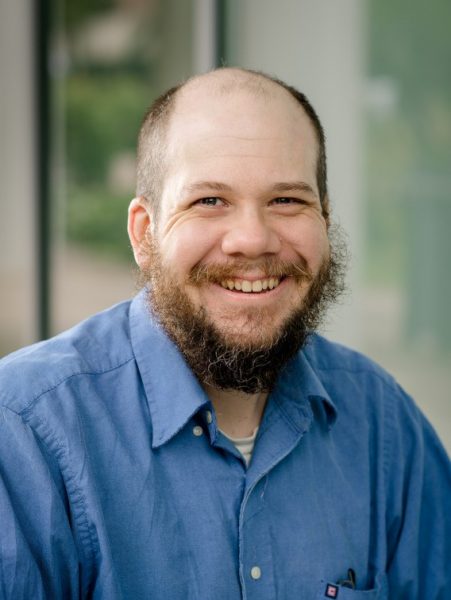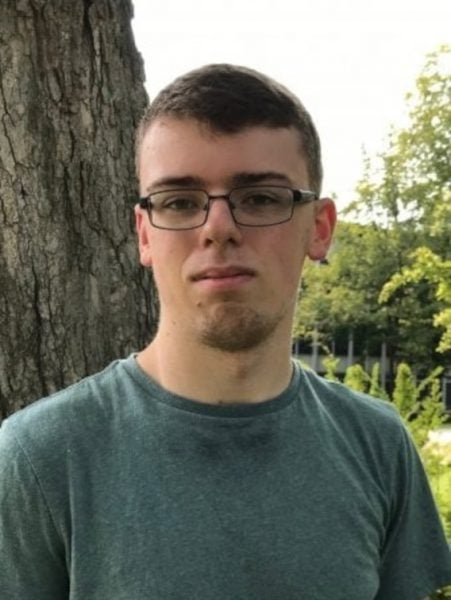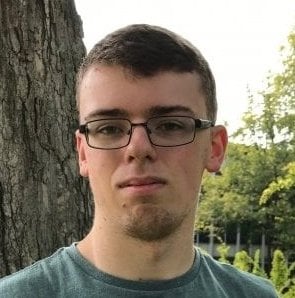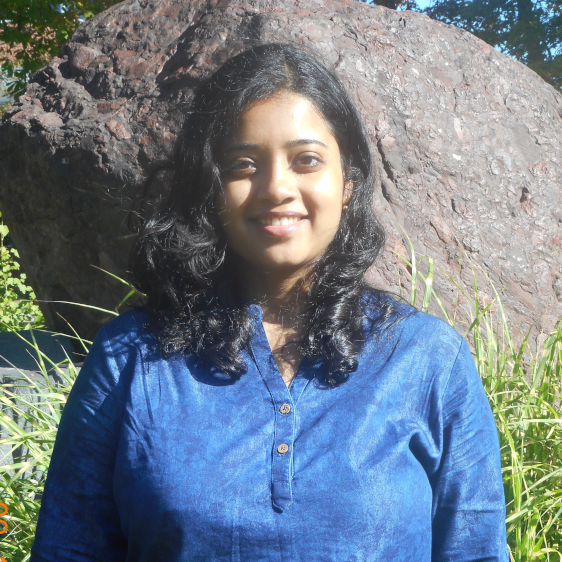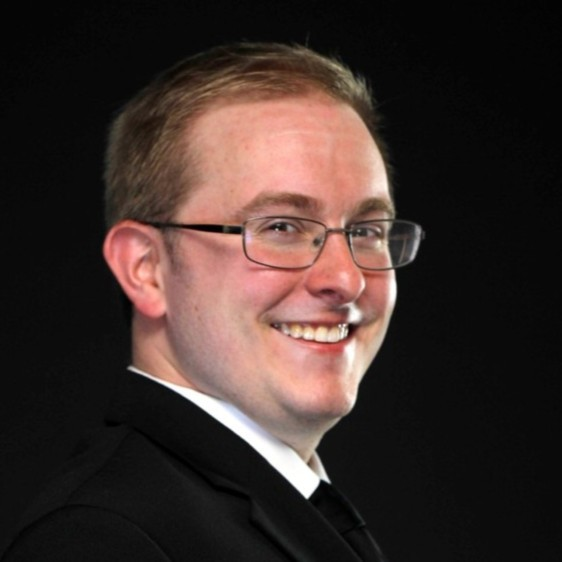Graduate students and researchers from the Department of Physics are collaborators on a new paper published in Astronomy & Astrophysics.
Ph.D. candidate Rhiannon Turner is the paper’s lead author. Co-authors include Ph.D. candidates Samuel Groetsch and Mahsa Najafi, as well as Petra Huentemeyer and Xiaojie Wang.
The paper is titled “Testing the molecular cloud paradigm for ultra-high-energy gamma ray emission from the direction of SNR G106.3+2.7.” In it, the authors explore a PeVatron candidate located in the northern part of our galaxy’s plane and aim to answer a long-standing question for the region — where are the PeV cosmic rays being accelerated?
“When most people think of astronomy, they imagine the night sky sparkling with stars, or our Milky Way galaxy painted across the sky. However, there is an entire astrophysical world untouchable by the naked eye,” said Turner, the paper’s corresponding author. “The High Altitude Water Cherenkov (HAWC) Observatory is a wide-field gamma-ray observatory located in Puebla, Mexico, that is operated by a worldwide collaboration. HAWC surveys two-thirds of the sky throughout the day and is sensitive to particles with energies ranging from 100s GeV to 100s TeV, which is about a trillion times more energetic than visible light. These highly energetic particles give us a way to probe extreme astrophysical objects, like Galactic pulsar wind nebulae (PWNe), electron-positron winds surrounding a fast-rotating neutron star (or pulsar); and shell-type supernova remnants (SNRs), the ejecta and shock fronts left behind after a star’s core collapse and explosion. These objects are able to accelerate particles known as cosmic-rays up to PeV (10^15 eV) energies. These types of accelerators are known as Pevatrons.”
In the paper, HAWC collaborators present an updated analysis on the Boomerang region, which is home to two possible PeVatrons: supernova remnant G106.3+2.7 and the boomerang shaped pulsar wind nebula from pulsar J2229+6114. This analysis probes the highest energy emission for this region (>56 TeV) and utilizes molecular clouds, dense regions of molecular hydrogen, to model the region’s shape.
“This modeling technique has not previously been used for a PeVatron study, but the good spatial coincidence between the molecular cloud and the gamma-ray emission in this region provides confirmation that this new avenue for PeVatron identification could help close the information gap for which astrophysical objects accelerate cosmic-rays to PeV energies,” said Turner.
About the Physics Department
Physicists at Michigan Technological University help students apply academic concepts to real-world issues. Our physicists take on the big questions to discover how the universe works—from the smallest particles to the largest galaxies. The Physics Department offers three undergraduate degrees and three graduate degrees. Supercharge your physics skills to meet the demands of a technology-driven society at a flagship public research university powered by science, technology, engineering, and math. Graduate with the theoretical knowledge and practical experience needed to solve real-world problems and succeed in academia, research, and tomorrow’s high-tech business landscape.
Questions? Contact us at physics@mtu.edu. Follow us on Facebook, Twitter, and YouTube for the latest happenings. Or read more at the Physics Newsblog.
